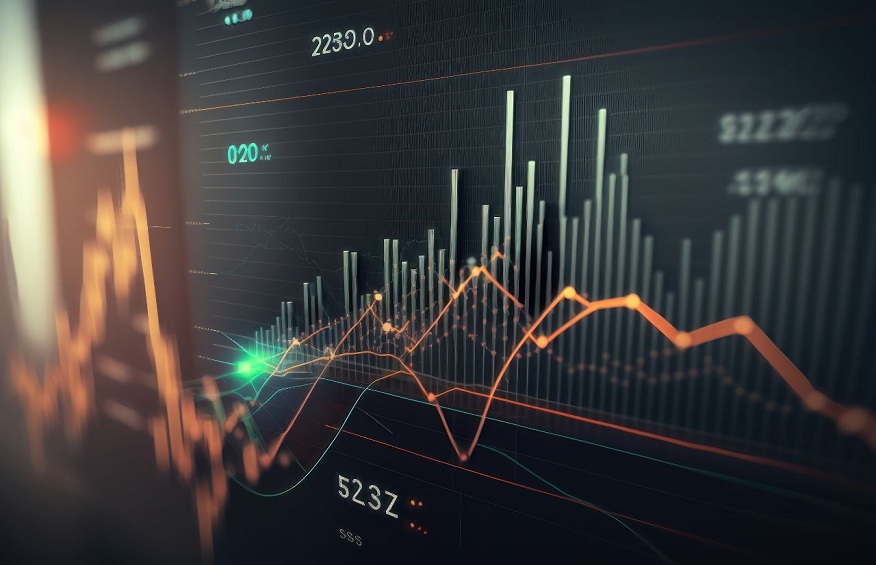
Mastering the Markets:101 Guide for Futures Trading
A futures contract, as implied by its name, is a financial tool in which a purchaser and a seller commit to exchanging an asset at an agreed-upon price on a specified future date. While these contracts allow for the physical delivery of an asset, the majority are utilised by investors for speculation on security prices or risk hedging in portfolios rather than actual delivery.
Traders have the opportunity to speculate on various securities and commodities through futures trading, with significant markets encompassing stock indexes, energy, currencies, cryptocurrencies, interest rates, grains, forests, and livestock.
How Do You Trade a Futures Contract?
Futures serve as a primary tool for mitigating risks associated with fluctuations in commodity prices or capitalising on price changes, distinct from the direct buying or selling of the physical commodity as seen in stock transactions. These futures contracts are applicable to various asset classes, encompassing stocks, indices, currency pairs, and commodities.
The key players in futures trading are the Hedgers and Speculators. Hedgers engage in futures to safeguard against unforeseen or rapid shifts in the future prices of the underlying cash commodity. Typically, hedgers consist of businesses or individuals involved in transactions related to the underlying cash commodity.
To illustrate, consider a major food processor involved in canning corn. If corn prices increase, the processor incurs higher costs when purchasing from the farmer or corn dealer. To safeguard against the risk of escalating corn prices, the processor can employ a risk management strategy by purchasing an adequate number of corn futures contracts, effectively covering the anticipated volume of corn purchases. Given the tendency of cash and futures prices to move in tandem, the futures position becomes profitable if corn prices rise sufficiently to offset losses incurred in the purchase of cash corn. Utilising a reliable stock market app is essential for staying informed about real time market trends and making informed investment decisions.
Advantages of Futures Trading
From risk management and efficient price discovery to opportunities for speculation and global market access, futures trading offers several key benefits that contribute to its popularity in the financial landscape.
1. Leverage
Leverage involves employing borrowed funds or financial instruments to amplify the potential returns of an investment. In the context of futures trading, leverage is utilised through margin, enabling investors to manage larger positions with a modest initial investment. Nevertheless, this approach has inherent risks, as unfavourable price movements can result in losses exceeding the initial margin. It’s crucial for traders to recognize the potential for losses in futures contracts.
2. Diversification
Diversification in futures trading allows investors to engage in a variety of markets, ranging from stock indexes to commodities like orange juice. This facilitates the creation of a diversified portfolio spanning multiple asset classes, enhancing risk management and exposure to various market dynamics.
3. Hedging
Hedging involves the utilisation of futures by investors to safeguard unrealized profits or reduce the risk of potential losses. The extensive array of available futures products enables traders to implement a cost-efficient hedge, either against the overall market, specific sectors, or individual commodities.
Disadvantages of Futures Trading
It’s crucial for individuals considering futures trading to thoroughly educate themselves, practice risk management, and be aware of the potential drawbacks before engaging in this complex financial activity.
1. Complicated Nature of Futures Trading
Although futures trading is accessible to anyone, it involves intricate aspects that can add complexity to the process. Achieving success in this strategy demands a substantial investment of time and effort. Vigilant market monitoring and staying informed about current events are essential components of this endeavour.
2. Dual Nature of Leverage
Leverage functions as a two-edged sword. On one side, it offers the advantage of amplifying returns with a reduced cash investment. However, it comes with the downside that if market conditions take a negative turn, you become responsible for the entire extent of the losses and may face margin calls. Essentially, while leverage has the potential to boost gains, it also significantly magnifies losses.
3. Management of Expiry Dates
The majority of futures contracts come with expiration dates that traders must closely observe. As a contract approaches its expiration, there is a risk of rapid depreciation, or even rendering it worthless. To counteract this, investors often opt to roll their futures contracts forward to a longer-dated one as the expiry date approaches.
Conclusion
Futures trading involves an agreement between an investor seeking to make a purchase and a seller, wherein the contract is established for a future date and includes a specified expiration date. For those seeking cost-effective trading solutions, a low brokerage demat account offers the advantage of minimising transaction expenses while providing a secure platform for managing investments. Futures trading lacks intrinsic value and is evaluated in relation to the value of other underlying assets.


